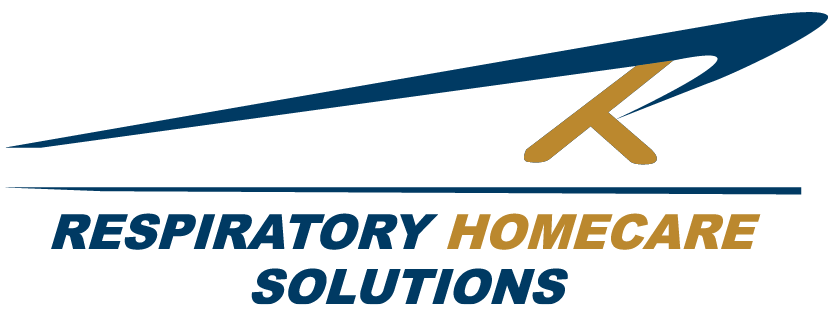While the risk of Coronavirus to Canadians at this time is still low, it is important to be prepared. Canadians should continue to think ahead about the actions that they can take to stay healthy and prevent the spread of any illness especially respiratory infections.
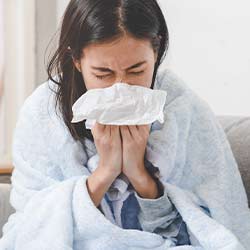
How Coronavirus Spreads
Human coronaviruses cause infections of the nose, throat and lungs. They are most commonly spread from an infected person through:
- Respiratory droplets generated when you cough or sneeze
- Close, prolonged personal contact, such as touching or shaking hands
- Touching something with the virus on it, then touching your mouth, nose or eyes before washing your hands
What Are The Symptoms?
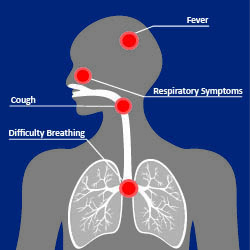 The most common symptoms of the novel coronavirus are fever, cough and trouble breathing. Although, some who are infected with COVID-19 may have little to no symptoms. You may not know you have symptoms of COVID-19 because they are similar to a cold or flu. And, symptoms may take up to 14 days to appear after exposure to COVID-19. Coronavirus infections are diagnosed by a health care provider based on symptoms and are confirmed through laboratory tests. Most people with mild coronavirus illness will recover on their own. There are currently no vaccines available to protect you against human coronavirus infection. In severe cases, infection can lead to death.
The most common symptoms of the novel coronavirus are fever, cough and trouble breathing. Although, some who are infected with COVID-19 may have little to no symptoms. You may not know you have symptoms of COVID-19 because they are similar to a cold or flu. And, symptoms may take up to 14 days to appear after exposure to COVID-19. Coronavirus infections are diagnosed by a health care provider based on symptoms and are confirmed through laboratory tests. Most people with mild coronavirus illness will recover on their own. There are currently no vaccines available to protect you against human coronavirus infection. In severe cases, infection can lead to death.
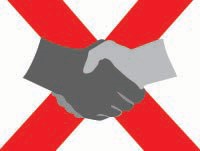
Reduce Close Contact
Since respiratory viruses, such as the one that causes COVID-19, are spread through contact you should consider changing your regular greeting. Instead of a handshake, a kiss or a hug, a friendly wave or elbow bump is less likely to expose you to respiratory viruses. You may want to consider changing your routines to reduce exposure to public spaces and the risk of infection.

Practice Good Hygiene
Wash your hands often with soap and warm water for 20 seconds. Use alcohol-based hand sanitizer if soap and water are not available. Avoid touching your eyes, nose, or mouth with unwashed hands. Clean and disinfect frequently touched objects and surfaces, such as phones, computer keyboards and doorknobs. Cover your mouth and nose with your arm when coughing and sneezing.
Make A Plan
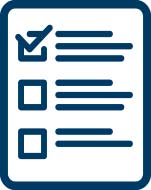 If COVID-19 becomes common in your community, you may want to have a plan. If you are a caregiver of children or other dependents, you will want to have thought ahead to engage backup caregivers. You should also think about what you will do if a member of your family becomes sick and needs care. Your plan should include shopping for supplies that you should have on hand at all times. This will ensure you do not need to leave your home while you are sick or busy caring for an ill family member. Stock up on essentials but avoid panic buying.
If COVID-19 becomes common in your community, you may want to have a plan. If you are a caregiver of children or other dependents, you will want to have thought ahead to engage backup caregivers. You should also think about what you will do if a member of your family becomes sick and needs care. Your plan should include shopping for supplies that you should have on hand at all times. This will ensure you do not need to leave your home while you are sick or busy caring for an ill family member. Stock up on essentials but avoid panic buying.

If You Become Sick
Stay home if you are sick and isolate yourself within the home. Encourage those you know are sick to stay home until they no longer have symptoms. Call your health care provider.
All information has been sourced from Government of Canada public health site. https://www.canada.ca/en/public-health/services/diseases/2019-novel-coronavirus-infection.html
